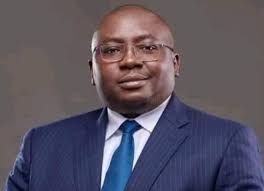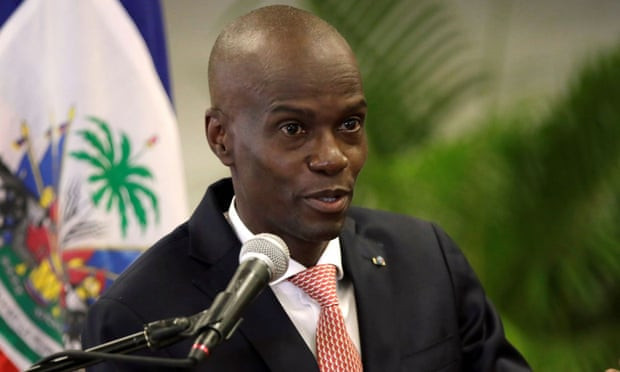Nigeria is in the process of securing a $190 million loan from the Japan International Cooperation Agency (JICA) to boost renewable energy development, Power Minister Adebayo Adelabu revealed recently.
The announcement came during the 9th Tokyo International Conference on African Development (TICAD 9) in Yokohama, Japan, where the Nigerian delegation, led by President Bola Tinubu, engaged in high-level talks on power, infrastructure, and industrial transformation.
Adelabu explained that the loan will help scale up distributed renewable energy solutions across underserved communities in Nigeria. This initiative complements the recently launched $750 million World Bank Distributed Access through Renewable Energy Scale-up (DARES) programme under the Mission 300 Compact, which aims to provide clean, reliable electricity to over 17 million Nigerians.
In addition to discussions with JICA, the minister met with major Japanese corporations such as Toshiba, Hitachi, and others in the energy sector to explore ways to strengthen Nigeria’s transmission infrastructure, improve efficiency, and reduce system losses.
The Federal Executive Council has already approved counterpart funding of ₦19.08 billion to unlock a larger $238 million JICA loan. This funding will support expanding the national grid by constructing over 200 kilometers of new 330kV and 132kV double circuit lines, building six new substations, and upgrading existing facilities.
Moreover, three new substations funded by a $32 million JICA grant—in Apo (FCT), Keffi (Nasarawa), and Apapa (Lagos)—are set to be commissioned soon. These are expected to improve power supply reliability for households, industries, and key business centers like the Lagos Port.
Speaking at a panel titled “HICKARE Africa: Harnessing Innovation, Co-creation, and Knowledge for Accessible and Resilient Energy for Africa,” Adelabu highlighted Nigeria’s energy challenges. He noted that only 55 to 60 percent of Nigerians currently have access to electricity, much of which remains unreliable.
To address this, the government plans to expand grid access in urban areas while accelerating off-grid solutions such as solar mini-grids and standalone solar systems in rural and peri-urban communities. However, challenges persist, including limited access to affordable capital, high energy costs for rural households, and underuse of productive-use equipment.
Despite these hurdles, the minister reaffirmed Nigeria’s commitment to reform through supportive policies, private-sector collaboration, and boosting local manufacturing of renewable energy components.
Adelabu praised JICA and the Japanese government for their long-term support in Nigeria’s power sector, acknowledging their role in financing, infrastructure development, technical studies, and capacity building. He expressed optimism that this partnership will deepen as Nigeria drives its energy transition forward.




